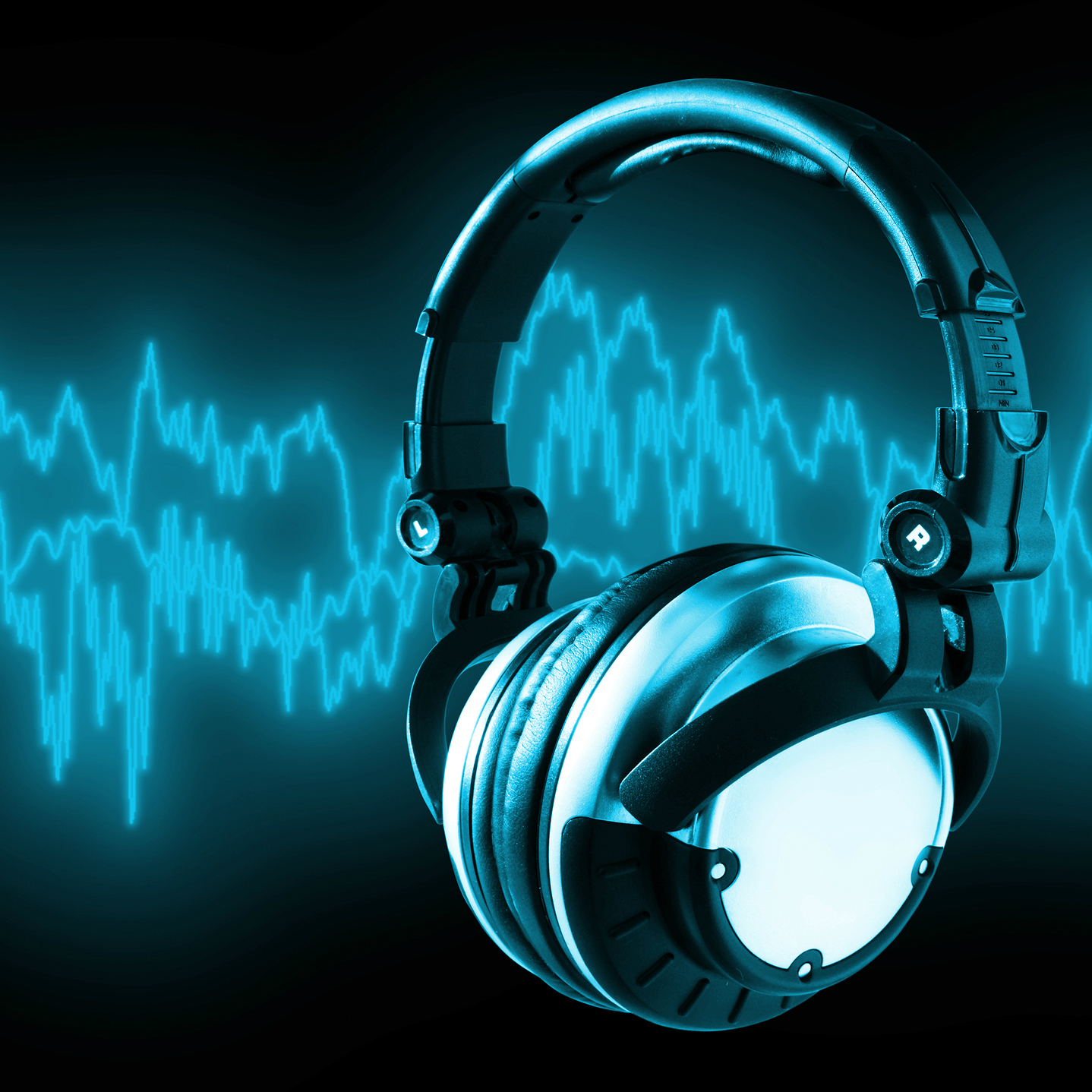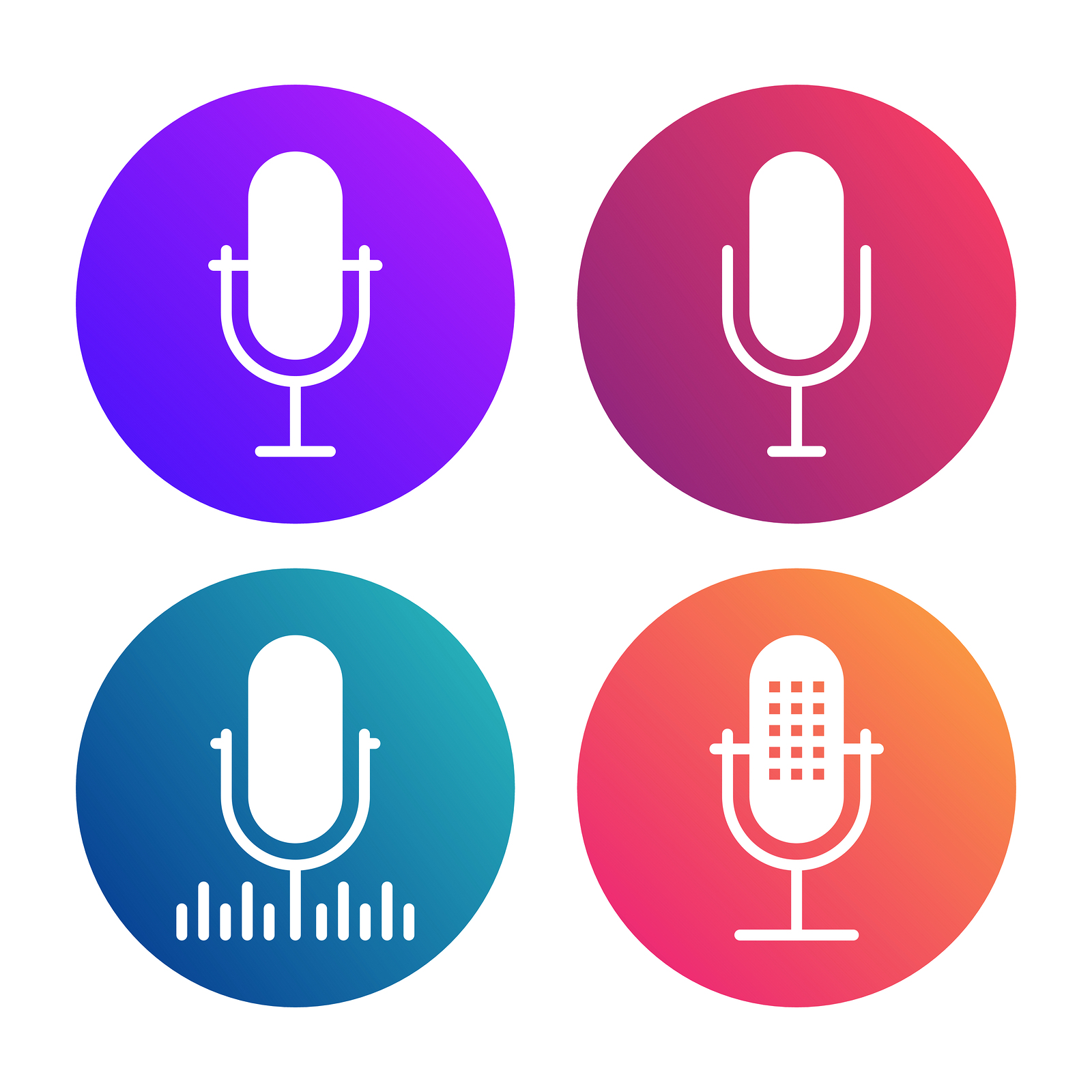

When you’re feeling down, listening to your favorite song can provide you with that much-needed boost and get you singing and dancing along in no time. Music at work has the power to influence our feelings depending on the key, the tempo, and even the lyrics. Movie soundtracks, for instance, add further emotional depth to what’s currently happening onscreen.
Some students find that listening to music while they study helps them understand their tasks better, and makes the time fly by quicker. For some who regularly go to the gym, blasting up-tempo beats can sometimes help them push past their limits. In one of our previous articles on 5 Ways to Increase Productivity in the Workplace, we suggested some useful tips to aid workplace productivity, like hosting team-building events and introducing flexible working hours. In this article, we plan to explore the possibility that music can also lead to improvements in workplace productivity.
It can improve focus
Listening to music can actually make you more focused if you’re having trouble concentrating on your tasks. Dr. Sood from the Mayo Clinic suggests that non-lyrical music works best for most people, suggesting it takes just 15 minutes to a half-hour of listening to music to regain concentration on the task at hand. On the other hand, having the volume too high on your noise-canceling headphones can keep you so focused on your task that you block out everything else — however, not so helpful when someone’s trying to get your attention. It’s always best to keep your volume at a manageable level, especially if your boss is around.
It can also be distracting

On the other hand, music can be a distraction if you’re trying to learn something new. An article by Medium cites several studies that demonstrate the detrimental effects of music such as being distracting for introverts, and for people learning to drive. It also negatively impacts reading comprehension — especially if the music is fast and loud. In an article by HP, they put a spotlight on the pros and cons of each type of playlist. The tech company captures the essence of music in a simple quote by record producer Jimmy Iovine. He says: “Algorithms alone can’t do that emotional task. You need a human touch.” Considering fast songs can be a distraction, it’s still best to curate your own office playlist for maximum impact.
Specific genres can be more suited to different types of work

A study by Mindlab International found that certain types of music are more suited to specific tasks, by judging the accuracy and speed of the responses in an experiment. According to them, you should listen to classical music if your work involves numbers or attention to detail, pop music if your work involves data entry or working to deadlines, ambient music if your work involves solving equations, and dance music if your work involves proof-reading and problem-solving. “The take-home message is that music is a very powerful management tool if you want to increase not only the efficiency of your workforce but also their mental state, their emotional state – they’re going to become more positive about the work,” said Dr. David Lewis, neuropsychologist and chairman at Mindlab International.
In the end, it’s clear that listening to music in the workplace isn’t a one-size fits all approach. Even scientific studies can’t be generalized to apply to all people. Some people might prefer working in complete silence, unable to even focus in coffee shops or coworking spaces. That’s why it’s probably best to create a shared office playlist and give people the option to listen to it on their personal headphones, as opposed to blasting music on office-wide speakers.
Authored by Adriana Nikolova, Outreach Executive at Wise Marketing.
